5 Important Benefits Big Data Brings to Procurement


In 2023, data has become indispensable for informed decision-making, especially in the critical domain of procurement.
Relying on data for better decisions, whether it involves purchasing office supplies or crucial components for manufacturing, proves significantly more prudent than relying on intuition.
And if you consider the ever-changing landscape of prices, economic crises, and geopolitical tensions that are happening across the globe, the importance of having dependable data becomes even more apparent.
So, it is not surprising that big data has become the go-to tool for procurement professionals to ensure their procurement strategies are efficient and cost-effective, especially in such a disruptive environment.
Today, we will focus on five essential benefits big data brings to procurement, revealing why it is high time you started relying on it too.
Let’s get started.
If you embrace and learn from the past, you can predict the future—it’s as simple as that.
In other words, when you leverage historical data to discern patterns and trends, you can gain foresight to anticipate future outcomes.
This is called predictive analytics.
When you can predict the future, you can make more informed decisions about crucial actions in procurement.
For example, predictive analysis can help you:
But how is this connected to big data?
As its name suggests, big data involves analyzing various datasets from multiple sources, both internal and external. You can uncover patterns, correlations, and insights within the vast amount of data.
These insights make your procurement proactive instead of just reactive, as well as enable you to implement strategies for improvement.

Source: Veridion
Predictive analysis is also highly beneficial for the overall cost optimization of your organization.
For instance, with machine learning algorithms, predictive analytics models can predict expenditures in different categories and the quantity of products you need to purchase.
That way, you’re avoiding the challenges of understocking and overstocking which directly impact the carrying costs.
The benefits of integrating big data in procurement, specifically through predictive analysis range from aiding in cost-effective decision-making to continually improving your procurement processes.
By analyzing big data, you gain valuable information that allows you to foresee many aspects of procurement and navigate the complexities of the procurement landscape much more effectively.
Big data plays an important role in enhancing compliance within procurement processes.
By analyzing large volumes of transactional data, organizations can identify irregularities, discrepancies, or potential non-compliance issues.
This proactive monitoring helps prevent and detect violations before they escalate.
Big data can help you from the beginning—while you are discovering and sourcing suppliers.
It allows organizations to conduct thorough due diligence on potential suppliers.
By aggregating data from diverse sources, procurement teams can assess the integrity and compliance history of suppliers.
There are big data platforms on the market that scrape vast amounts of data from all over the Internet and then, through machine learning and artificial intelligence, process and analyze that data.
Our Veridion is one such big data solution. We provide you with near real-time data about tens of millions of suppliers across the globe.
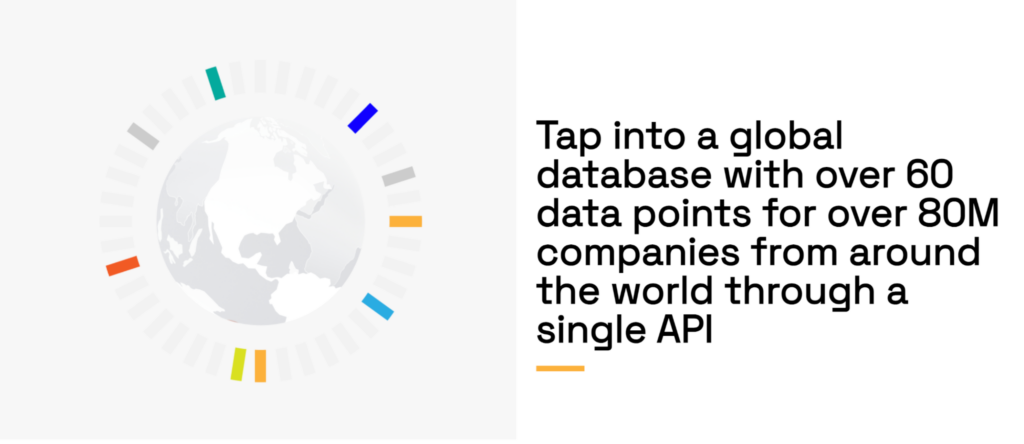
Source: Veridion
Here’s an example of how the data our platform provides can help you in your compliance efforts.
Our complex search API can assist car manufacturers in identifying trustworthy suppliers for parts and materials.
In addition to providing data on battery manufacturers, lithium suppliers, and technical specifications of products, our complex search API goes a step further by including crucial regulatory and compliance information.
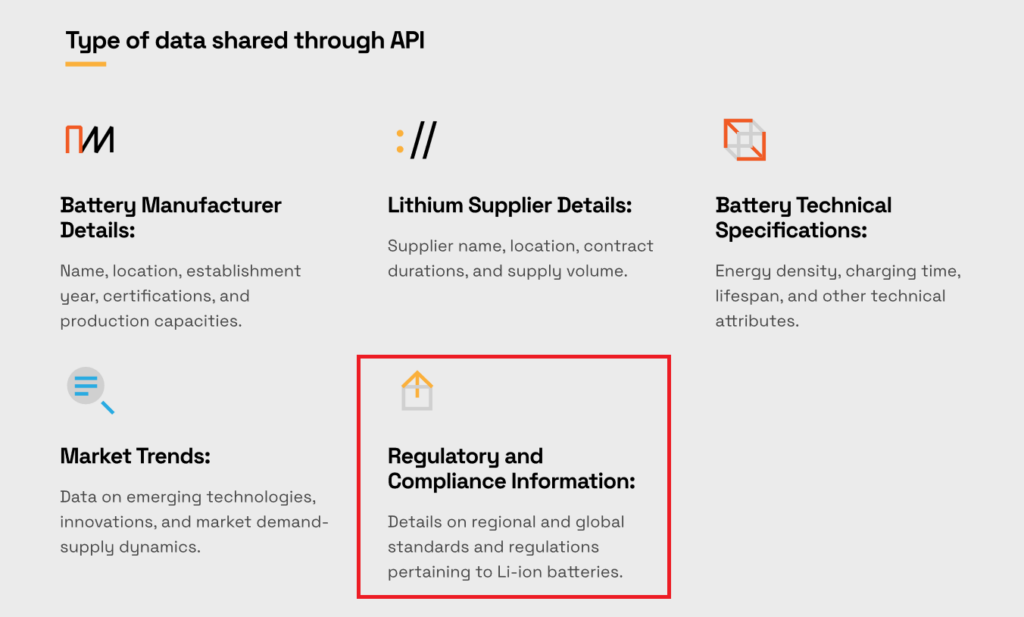
Source: Veridion
This is essential because different regions have different battery manufacturing and disposal rules. So, getting this data helps manufacturers comply with local norms, avoiding legal issues.
This would be very hard to analyze manually.
But if you rely on big data for analysis, you can ensure your procurement practices comply with standards and regulations, safeguarding you from any unwanted penalties or legal complications.
Improved compliance is a goal many companies strive to achieve.
It also serves as one of the main drivers for the digital transformation of procurement, according to PWC’s 2022 Global Digital Procurement Survey.
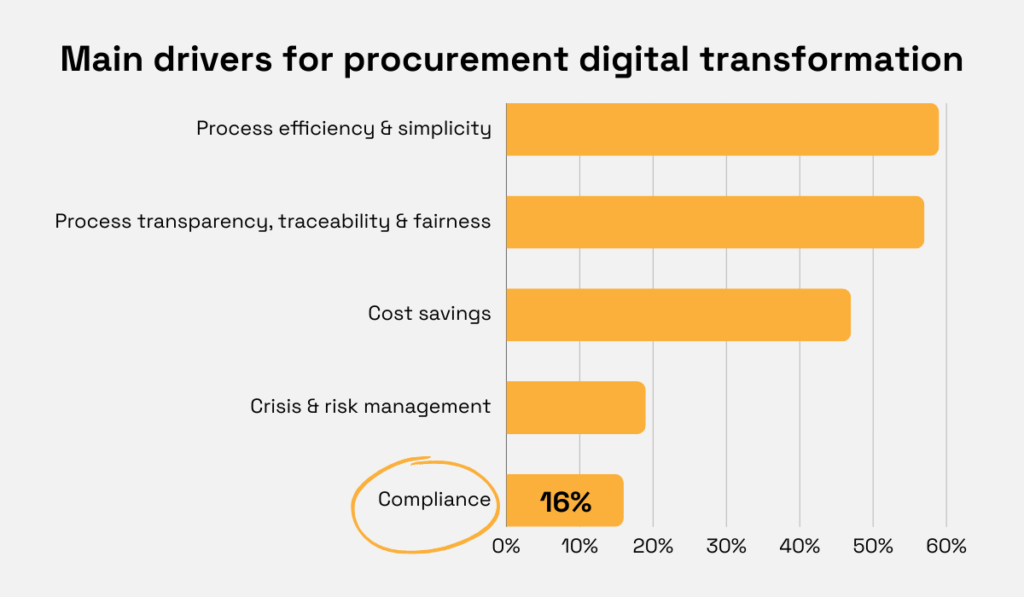
Illustration: Veridion / Data: PWC
Companies are becoming more aware that digital solutions can help them have better compliance. And big data is one of those solutions.
Big data offers empowering insights both for your procurement and the organization’s overall health. Still, its true potential unfolds through collaboration.
Why gather these valuable, data-derived insights if they aren’t shared within the department, with suppliers, or with other departments in your organization?
Fortunately, when you possess these insights, data can act as a catalyst for collaboration and even encourage it. Let’s explore how.
On one side, you can use big data to analyze and share information about supplier performance, risk factors, and market dynamics.
For instance, in the face of a supply chain issue, your procurement team can collaborate with suppliers to find solutions, thereby strengthening the partnership.
Take Procter & Gamble as an example.
They have implemented an annual Supplier Citizenship Survey through which they get supplier data in numerous areas, including their sustainability practices.
This survey combined with their own supplier performance analysis enables them to address issues and work together with suppliers to ensure better relationships.
On the other side, data encourages you to collaborate within your organization.

Source: Veridion
Consider, for instance, the financial planning and procurement departments.
Without collaboration and using the same data, there will likely be discrepancies in spending and budget allocation, which can significantly undermine the financial stability of the company.
Moreover, when data is siloed within departments, and can’t be accessed easily, it hinders timely and informed decision-making.
Luckily, big data platforms provide a centralized repository for storing and accessing data (a single source of truth).
This shared data environment encourages collaboration by allowing multiple users and departments to access the same information, reducing silos and promoting transparency.

Illustration: Veridion / Quote: Harvard Business Review
Big data platforms also integrate well with other systems, which is important because 51% of respondents from a recent survey from Harvard Business Review believe that better data integration results in more accurate budget forecasting and reduces overspending.
In essence, collaboration is key, and big data drives it.
It pervades all decisions and makes sure everyone is on the same page. That makes your procurement more agile and your supply chain more resilient.
You can make data-driven decisions based on a smaller amount of data, of course.
But big data has the superiority in driving good business decisions due to the volume, variety, velocity, and complexity of information it encompasses.
Small data, by definition, consists of limited datasets.
While it may offer insights into specific scenarios, it might lack the depth and breadth needed to capture the full complexity of a situation.
Here are some examples of why big data drives better decisions:
All in all, big data platforms facilitate the integration of data from various sources, enabling a more comprehensive and integrated analysis.
By combining large volumes of relevant and up-to-date data with advanced analytical tools, you can gain a more holistic view of your situation, empowering you to make strategic decisions.

Source: Veridion
Sometimes, small datasets are sufficient for particular analyses or decisions.
But if you’re dealing with complex, dynamic, or large-scale scenarios, big data is often the preferred choice for driving informed and strategic decisions.
These decisions can span from selecting suppliers based on lower risk and shared sustainability practices, to optimizing inventory levels by deciding how much and when to order.
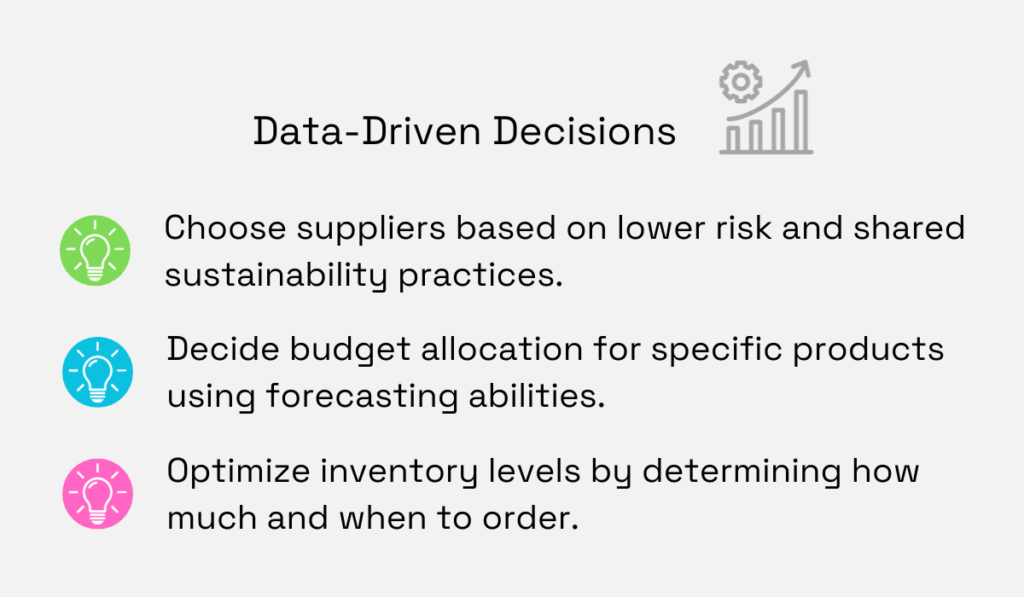
Source: Veridion
Leveraging big data allows you to address these and numerous other procurement-related matters effectively.
What’s more, when you collaborate with other departments and share your insights, big data takes on an even more prominent role in helping you and your entire organization make better and more strategic decisions.
Leveraging big data has become a strategic imperative for optimizing supply chain operations and enhancing efficiency.
In simpler terms, big data can assist you in better managing the flow of goods from your suppliers to your customers.
This is possible because, as we already know, big data can predict demand for those goods.
However, data can also enhance how you manage your inventories and overall logistics.
Let’s see how.
When you utilize inventory systems and the data within them, you can use your past sales data to anticipate future demand for your inventory by factoring in lead times and seasonality.
You can also identify slow-moving items, which further enables you to adjust inventory levels accordingly.
This data-driven approach minimizes the risks of overstocking or stockouts, which can be very costly.
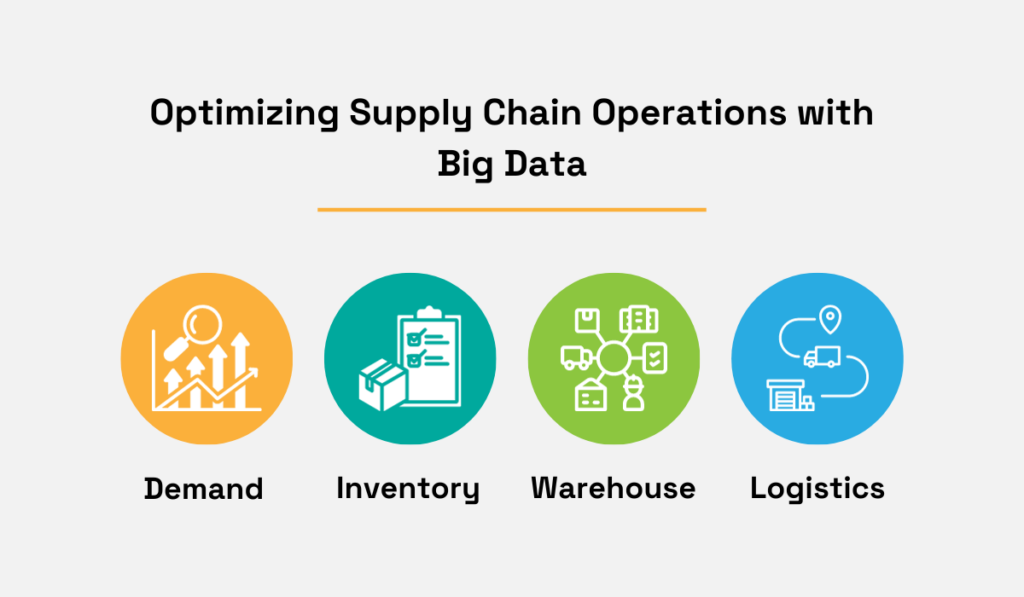
Source: Veridion
Walmart, a global retail giant, stands as a prime example of how big data can reshape inventory management to unprecedented levels of efficiency.
By employing data analytics, Walmart accurately forecasts consumer demand by analyzing purchasing trends, seasonality, and various external factors.
Moreover, since their suppliers also have real-time insights into inventory levels, suppliers themselves ensure that products are available on shelves precisely when customers need them.
This level of efficiency not only enhances customer satisfaction but also enables Walmart to minimize excess inventory costs.

Source: Logistics at MGEPS
In addition to optimizing inventory, big data analytics contributes to efficient product routing within the warehouse.
By analyzing historical data, the system can identify the most frequently ordered items and their locations.
This insight enables strategic organization, minimizing pickers’ travel time and streamlining the warehouse workflow.
You can even use data to analyze product dimensions to minimize wasted space within a warehouse and further optimize it.
As you can see, integrating big data can truly improve supply chain operations.
From inventory management and warehouse optimization to the logistics behind it all, by relying on big data analysis, you can make informed decisions, respond swiftly to market dynamics, and navigate the complexities of modern supply chains more efficiently.
The five benefits we highlighted today emphasize how big data can transform your procurement for the better.
This transformation is most pronounced when data flows seamlessly across departments, fostering a culture of collaboration and data-driven decision-making.
From predictive analytics providing insightful foresight to improving compliance and optimizing supply chains, big data is a cornerstone for the contemporary procurement professional.
So, use big data in your procurement and reap those benefits.